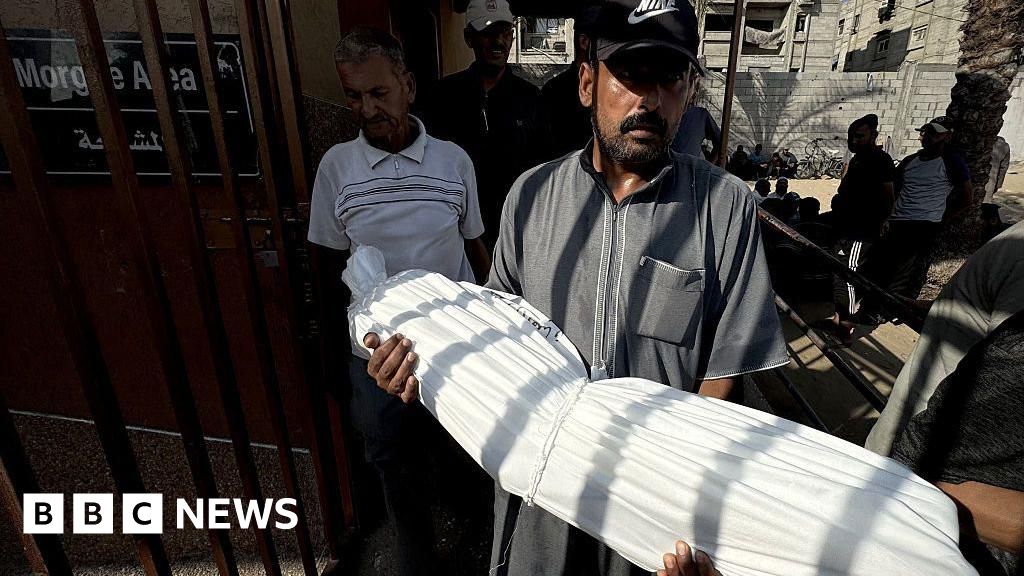Gaza Faces Worsening Humanitarian Crisis: Dozens Dead from Malnutrition Amid Aid Blockades
Gaza Faces Worsening Humanitarian Crisis: Dozens Dead from Malnutrition Amid Aid Blockades

A severe humanitarian crisis continues to grip the Gaza Strip, with the Hamas-run health ministry reporting at least 33 Palestinian deaths, including 12 children, from malnutrition in recent days. These tragic figures underscore a rapidly deteriorating situation, as hunger spreads across the densely populated enclave.
The United Nations Secretary-General António Guterres has warned the UN Security Council that “malnutrition is soaring” and “starvation is knocking on every door” for Gaza’s 2.1 million residents. He emphasized Israel’s obligation to facilitate humanitarian assistance from the UN and its partners amidst grave shortages of basic supplies.
While the Israeli military body Cogat, responsible for coordinating aid, accuses Hamas of a “false campaign” regarding the humanitarian situation and insists Israel facilitates aid entry, independent verification of death tolls remains challenging due to restrictions on international journalists. However, harrowing accounts and footage from local journalists and medical groups like MedGlobal corroborate the dire reality on the ground.
MedGlobal reported that its nutritional teams have witnessed multiple severely malnourished children die in recent days, calling it a “deliberate and human-made disaster” due to lack of food, medicines, and therapeutic formulas. Cases of acute malnutrition, particularly among children, have nearly tripled at their facilities since early July, signaling a widespread food crisis.
The UN agency for Palestinian refugees (Unrwa) is receiving desperate “SOS” messages from staff, with some aid workers reportedly fainting from hunger and exhaustion. Gaza residents describe the current hunger crisis as the worst in living memory, with families surviving on minimal food and resorting to drinking salt water for electrolytes.
The World Food Programme (WFP) recently highlighted that 90,000 women and children are in urgent need of malnutrition treatment, with nearly one in three people going days without eating. Soaring market prices—a 1kg bag of flour costing over $100—make food aid the only viable option for most. The WFP calls for a “massive scale-up in food aid distribution,” despite UN reports of significant shortfalls in aid delivery, with an average of only 27 lorries permitted daily between May and July, far below the required 600.
Despite Israeli claims of aid waiting for distribution, the UN attributes delays to ongoing hostilities, Israeli movement restrictions, and fuel shortages, exacerbating the humanitarian catastrophe.
Disclaimer: This content is aggregated from public sources online. Please verify information independently. If you believe your rights have been infringed, contact us for removal.